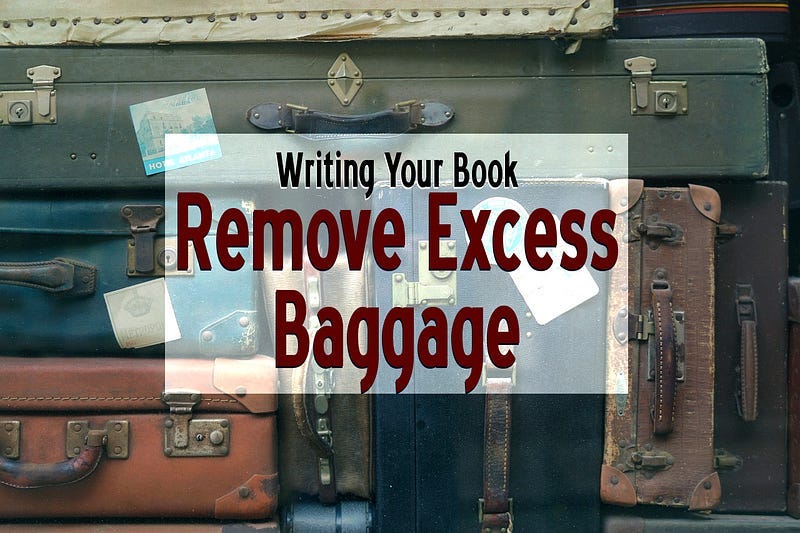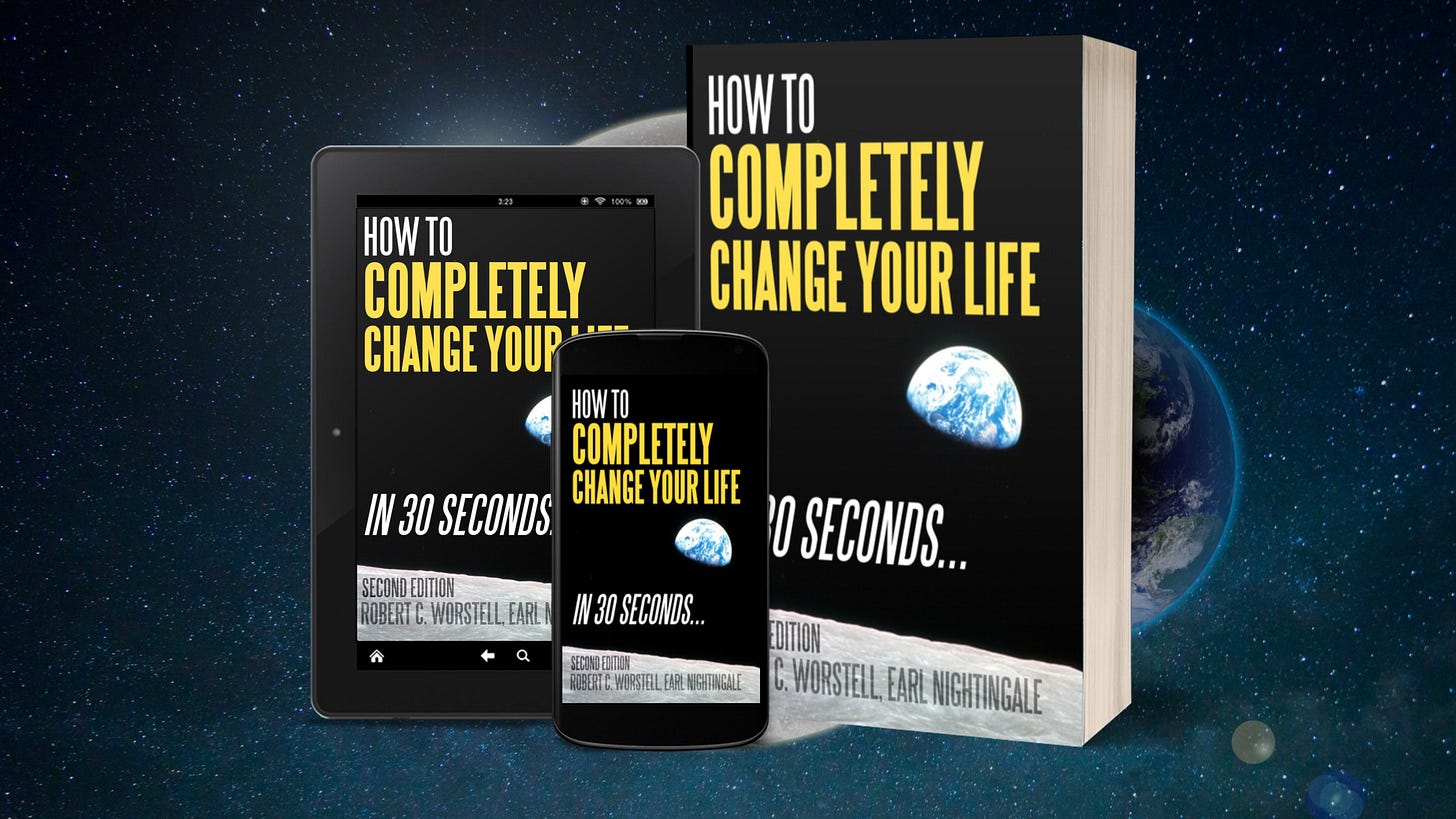Writing Your Book: Remove Excess Baggage — Earl Nightingale
As much as 70% of your writing might be useless words. Make each count. Be concise. Write direct. Get results.
One of the principals of a large and successful advertising agency has a hard and fast rule against clichés. A cliché, as you know, is a trite phrase which may have lost its meaning through constant misuse, but which often becomes such a habit that we use it automatically, without thinking about it. I used a cliché in my opening sentence. Did you notice it? I said “. . . . a hard and fast rule.” A rule is a rule; the adjectives “hard” and “fast” are probably unnecessary. They take up valuable time without adding to the message.
The other day I rewrote a two-page letter. By cutting out only the superfluous words, I reduced it to one page consisting of just three paragraphs. Not only was about seventy per cent of the letter unnecessary, but the new version was better. The original letter was fat, unwieldy, and full of clichés — phrases one puts into a letter without even realizing he’s doing it.
We have a tendency to speak the same way. Have you ever noticed how often people say, “I mean…”? If you simply say what you mean ’ you do not have to tell anyone. you’re doing it. Another phrase is, “stuff like that,” or “in other words,” or “like I said.” I remember a cabdriver in Philadelphia who would look around after every sentence and ask, “Am I right or wrong?” There is nothing particularly evil about this sort of thing, but it does add a lot of excess baggage to our conversation.
It has been said that the late Ernest Hemingway sometimes spent most of a morning writing a single paragraph. If you read Hemingway, you will notice the effectiveness of a maximum of thought and a minimum of words. At the site of the battle of Gettysburg in 1863, two men addressed the multitude. One was a celebrated speaker, and he proved it by speaking for two hours. Yet, not a man in twenty thousand can tell you his name — Senator Edward Everett. The second speaker stood before the crowd less than five minutes, but we all know the Gettysburg Address, and that Abraham Lincoln delivered it. The Gettysburg Address is a simple, powerful message with all the fat trimmed off. Seventy-two per cent of this address consists of one syllable words.
The next time you write a letter, particularly a business letter, see if you can do a better job by using simple, strong, hard-working words. Cut out all clichés, such as “with reference to your letter,” and perhaps those empty windups. And whenever you write a letter, read it over and ask yourself if you talk like that. If not, don’t write like that. And join the crusade against clichés that have lost their meaning or value. The most powerful words are the simplest one-syllable words. Words such as love …joy…hope…faith…home…child…life…death…fear…kill…hate.
(From the works of Earl Nightingale.)
Be sure to visit Nightingale-Conant for more self-improvement recordings by Earl Nightingale and others.
This essay is a selection from the bestseller How to Completely Change Your Life in 30 Seconds.
Paid subscribers have instant access to this ebook, see below:
Keep reading with a 7-day free trial
Subscribe to Writing While Farming to keep reading this post and get 7 days of free access to the full post archives.






